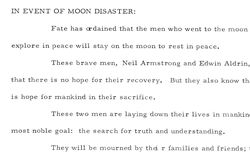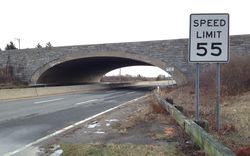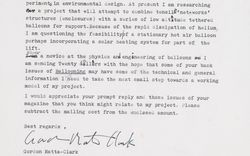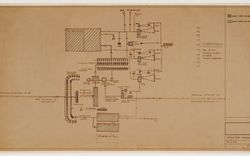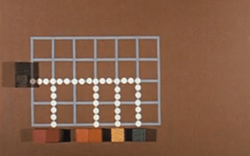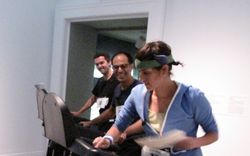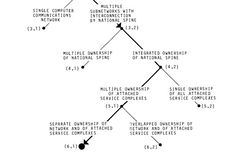Speed Reading
An afternoon reading marathon in which participants walked, jogged, or ran on a treadmill while reading aloud a text addressing the notion of speed. Reader-runners shared their preferred fast or slow manifesto, philosophical treatise, timetable, literary excerpt, slow-food recipe, biological notation, or space-time continuum in readings of 1 second to 4 minutes.
Reading list
Adams, Henry. The Education of Henry Adams. Oxford: Oxford University Press, 2008.
Adler, Renata. Speedboat. New York: Random House, 1971.
Agee, James. “The American roadside,” Fortune Magazine, September 1934.
Ballard, J. G. “The Assassination of JFK Considered as a Downhill Motor Race”
Baxter, Charles. “On Slowness,” Burning Down the House: Essays on Fiction. St. Paul, MN: Graywolf Press, 1997.
Cage, John. Indeterminacy: new aspect of form in instrumental and electronic music, 1992.
Carroll, Lewis. Through the Looking Glass. 1871.
Crawford, Stanley. Travel Notes. London: John Cape,1967.
De Quincey, Thomas. “The English mail coach.” Boston: Shepard and Gill, 1873.
Duchamp, Marcel. “The Creative Act,” Convention of the American Federation of Arts in Houston, Texas, 1957.
Dunne, John W. An Experiment with Time. London: Faber & Faber, 1927.
Einstein, Albert. Relativity, the special & general theory: a popular exposition. London: Methuen, 1920.
Freud, Sigmund. “On Transience,” Standard Edition, 14, 305–307. New York: Norton, 1915.
Greene, Brian. The elegant universe: Superstrings, hidden dimensions, and the quest for the ultimate theory. New York: Vintage, 2000.
Heiner Müller. Der Auftrag, 1980.
Hodell, Åke. Poesins position. Enkät II. 1963.
James, Gleick. Faster: The Acceleration of Just About Everything. London: Abacus, 1999.
Jarry, Alfred. “The Crucifixion Considered As An Uphill Bicycle Race”
Joyce, James. Ulysses. Paris: M. Darantière, 1922.
Kern, Stephen. The culture of time and space, 1880-1918: with a new preface. Cambridge: Harvard University Press, 2003.
Kerouac, Jack. On the Road. New York: Viking Press, 1957.
Krabbe, Tim. The rider. A cycling classic. New York: Bloomsbury, 2002.
Krishnamurti, Jiddu. La flamme de l’attention, trans. Jean-Michel Plasait. Paris : Éditions Points, 2016.
Kundera, Milan. Slowness: A Novel. New York: Harper Collins, 1997.
Landa, Manuel de. War in the age of intelligent machines. New York: Zone Books, 1991.
Mann, Thomas. The magic mountain. New York: Modern Library, 1924.
Mathews, Harry. The Conversions. Champaign, IL: Dalkey Archive Press, 1997.
Milan Kundera. La lenteur. Paris : Gallimard, 1995.
Milton, John. Paradise Lost. 1667.
O’Brien, Flann. The Third Policeman. London: MacGibbon & Kee, 1967.
Proust, Marcel. À la recherche du temps perdu. 7 vol. Paris: Gallimard, 1913-1927.
Samuel Beckett. “From An Abandoned Work,” Collected Shorter Prose 1945-1980. London: John Calder, 1984.
Seidel, Frederick. Going Fast. New York: Farrar, Straus & Giroux, 1998.
Solnit, Rebecca. River of Shadows: Eadweard Muybridge and the technological wild west. New York: Penguin, 2004.
Stein, Gertrude. The Making of Americans. Paris: Contact Press, 1925.
Studeny, Christophe. L’invention de la vitesse, France, XVe-XXe siècle. Paris: Bibliothèque des histoires, 1995.
Sturgeon, Theodore. Microcosmic God: Volume II: The Complete Stories of Theodore Sturgeon. North Atlantic Books, 2013.
Talking Heads. “Drugs” from the album Fear of Music, 1979.
Virilio, Paul, and Mark Polizzotti. Speed and Politics: An Essay on Dromology. Los Angeles, Calif: Semiotext(e), 2006.
William S. Burroughs Jr. Speed. Paris: Olympia Press, 1970.
Wood, Evelyn. Dynamic Learning. Niles, IL: Nightingale Conant, 1992.
Woolf, Virginia. To the Lighthouse. London: Hogarth Press, 1930.
Speed Reading is a collaboration with Sina Najafi, Cabinet magazine editor and CCA Visiting Scholar, to celebrate the Speed limits exhibition and catalogue.
